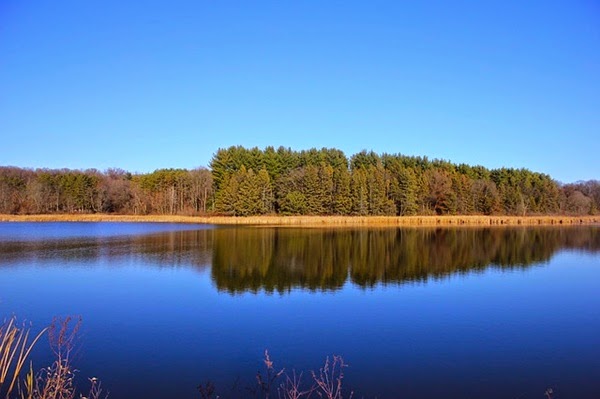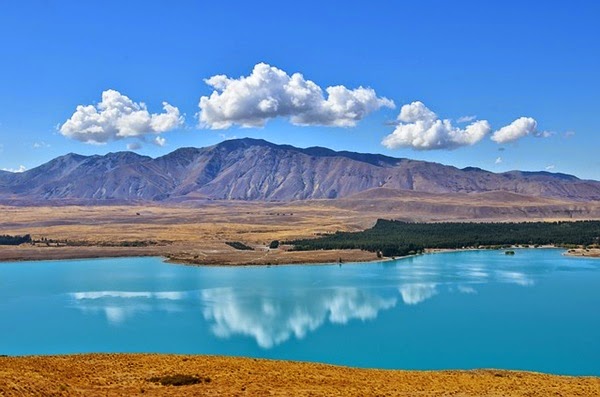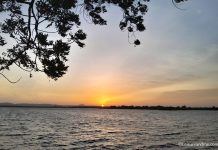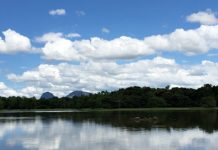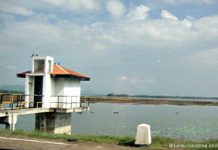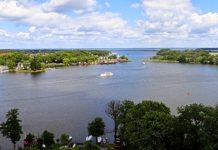Water has a very special allure to most people, and that’s probably partly because we are mostly made out of water. Either we are talking about lakes, rivers, seas or oceans, everything seems to be more exciting and more beautiful when there’s water involved.
I’m sure you’ve marveled at the beauty of a mountain lake on many occasions, but have you ever wondered how many lakes there are in the world? Are there perhaps 10,000? Maybe even 100,000? Well, according to the latest count, there are approximately 117 million lakes in the world. The research was made using satellite images and powerful computerized mapping technologies, by an international team made of scientists from Sweden, Estonia, France and the United States.
The lakes counted in this massive endeavor were lakes 0.2 hectares in surface area or bigger. For comparison’s sake, 0.2 hectares is half an acre or one and a half Olympic swimming pools. The combined area of all the world’s lakes is about 5 million square kilometers or about 2 millions square miles, roughly 3.7% of the Earth’s non-glaciated land area. An important thing to note is the fact that the Caspian Sea, the world’s biggest lake, was excluded from the count.
Why was it excluded? Well, that’s probably because many people actually consider it a sea and its water is salty. The Caspian Sea also has a surface area of 371,000 square kilometers,
far larger than any other lake.
far larger than any other lake.
So what are the biggest freshwater lakes? In terms of surface area, that honor goes to Lake Superior, about 82,000 square kilometers in size. However, in terms of volume, the honor goes to one of the planet’s biggest treasures, Lake Baikal of Russia.This is why Lake Baikal is a must visit place in Rissia.
The Siberian lake is the deepest lake in the world, and with a volume of 23,615 cubic kilometers, it contains roughly 20% of
all the world’s freshwater.
all the world’s freshwater.
Needless to say, the lakes on our planet are also one of our biggest assets. We should strive to protect them and care for them for generations to come.

